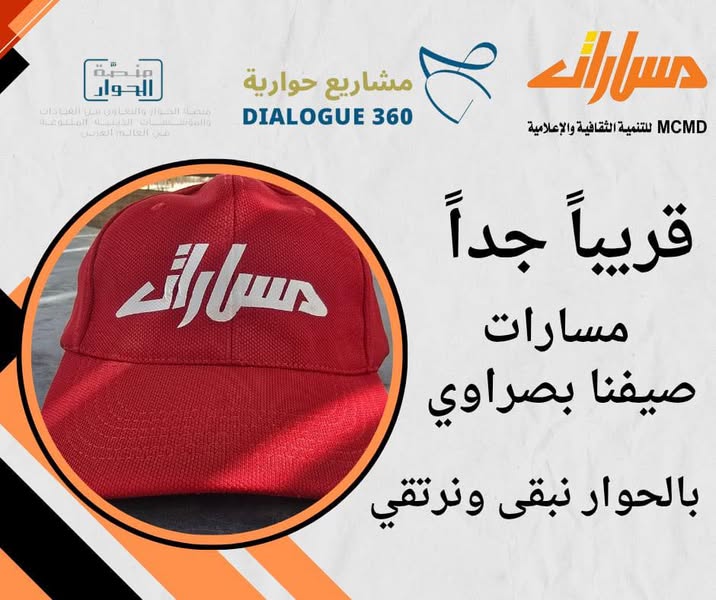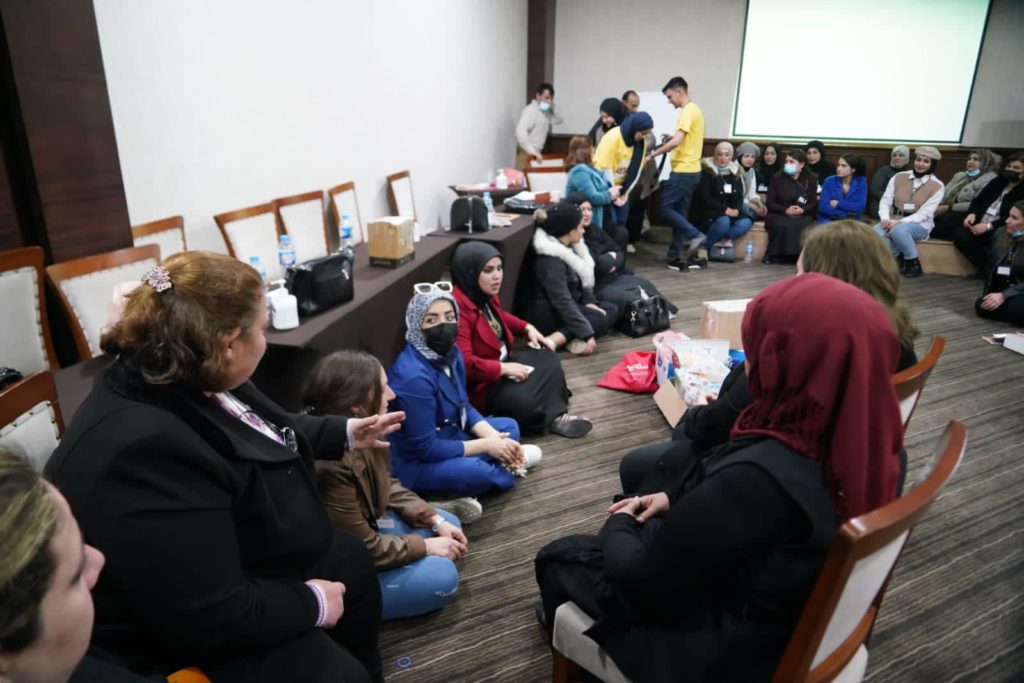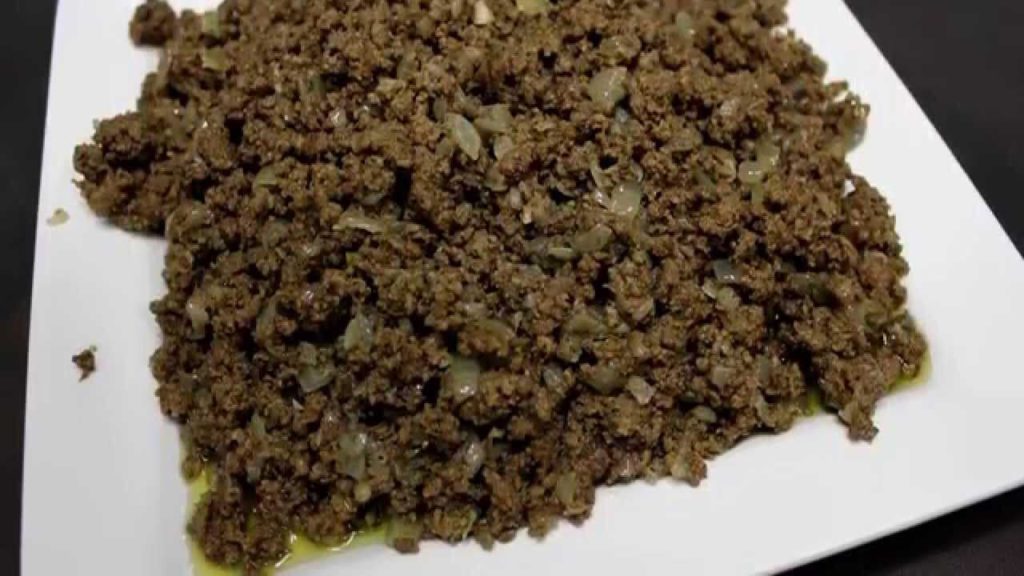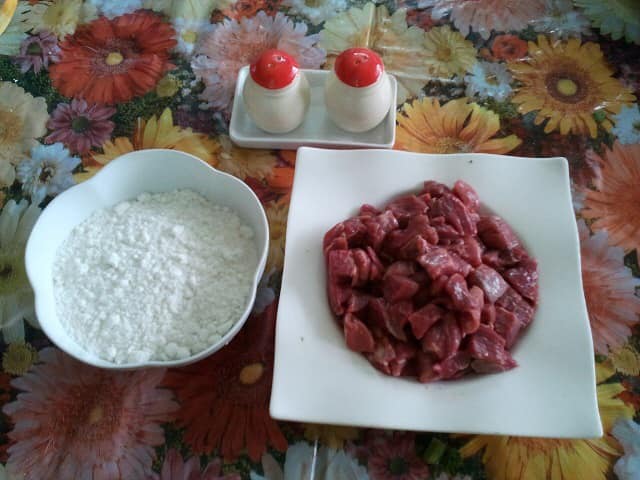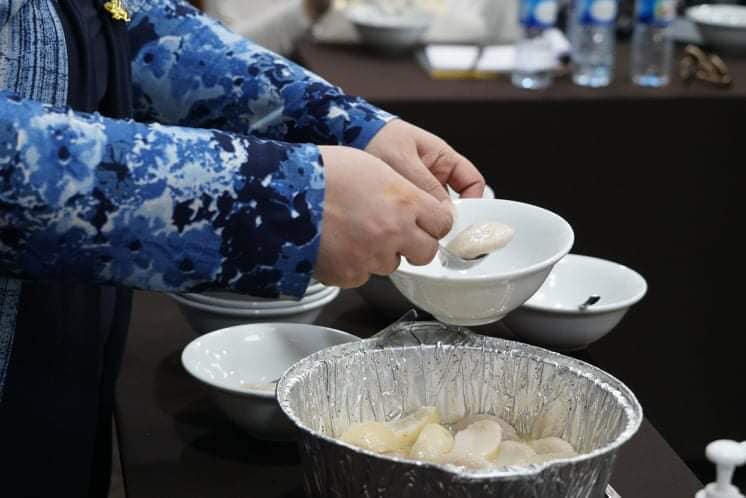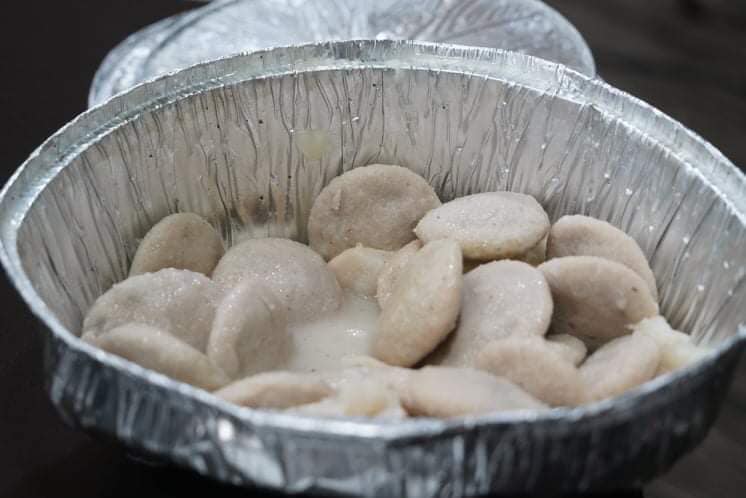In a great step to see the resources that can appear in a society of diverse religions, nations and ethnicities, a group of fifty women from various parts of Iraq met to exchange their experiences in cooking and dish making.
Masarat’s philosophy was to engage in this event to enhance the institution’s experience, and to study human connections through food and cooking activities. Those activities gave clear results regarding food according to Mandaeism.
This study was included in the institution’s camp concerning coexistence and supporting the act of acceptance of each other. One of the most important aspects discussed in the camp was the activity of exchanging cultural points of food and its sizeable role in peace-building.
After three days in the camp, the participants discovered that there are 19 types of kubba ( a traditional Iraqi dish), Mousel alone has 11 kinds of the total number, one of which, is the kubba in a sour soup that Mosul participants have cooked for their colleagues in the camp.
Basrah also has a special dish called (shabzi/sabzi) which is cooked in no other area inside of Iraq nor outside. Moreover, Maysan, Nasiriyah and Basrah share al-masmota dish which runs of a curve from the depths of Sumer’s long history. However, Al-sea’ah and Al-tabouk ( bread made of rice flour) both remain a special common dish of these southern governorates. Dolma has various ways to be cooked, causing the dish to have a variant in every area of this country, the same goes for pacha.
Sweets also made an appearance in the cooking workshop as Nahar khoz sweets were presented in Basrah. Maysan’s khreet made it to the table too, as well as Najaf’s daheen, Karbala’s kutub, Baghdad’s kahi, Arbil’s sujuk, Sulaymaniyah’s min al-sama and many more.
Of note, the first Masarat camp started in the southern and central regions of Iraq and went straight to settle in Arbil. The second camp was scheduled to launch in July with bigger engagement and better input.
How about you? Can you tell us about a famous dish in your town?
Photos by: Qassim Al- Ka’abi
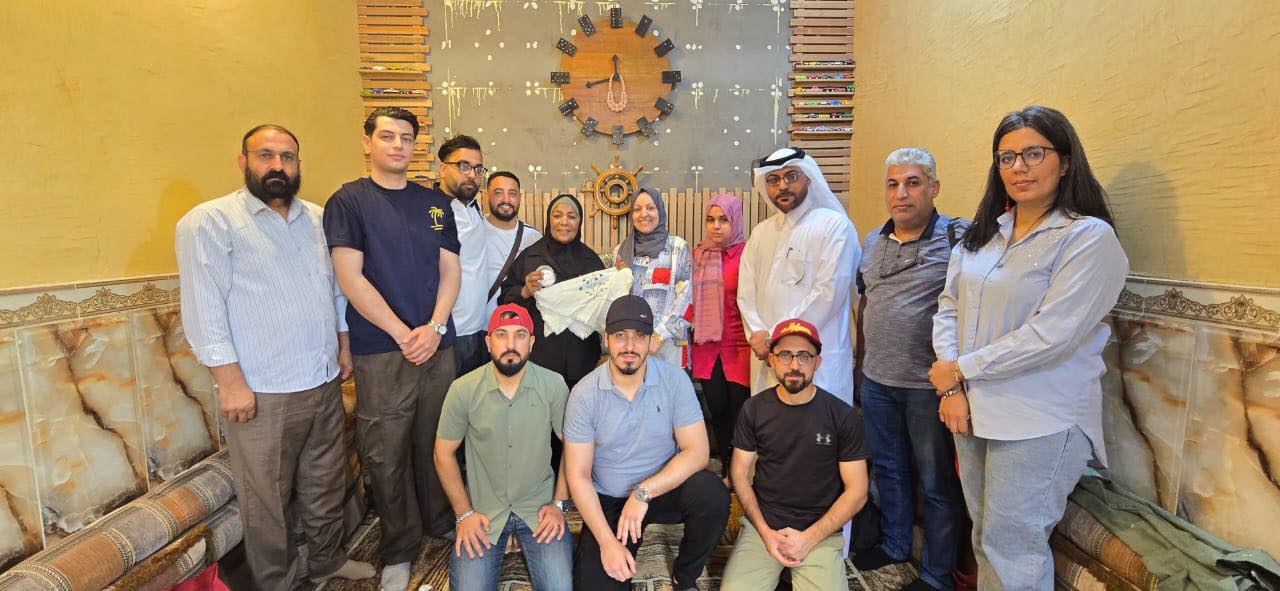
The participants, who arrived from the cities of Sinjar and Baghdad, were joined by a number of activists from Basra. They began their camp hosted by theater director and visual artist Mohammed Al-Amara, who provided a clear and comprehensive vision of the city’s history, its symbols, and the relationships among its components, as well as […]
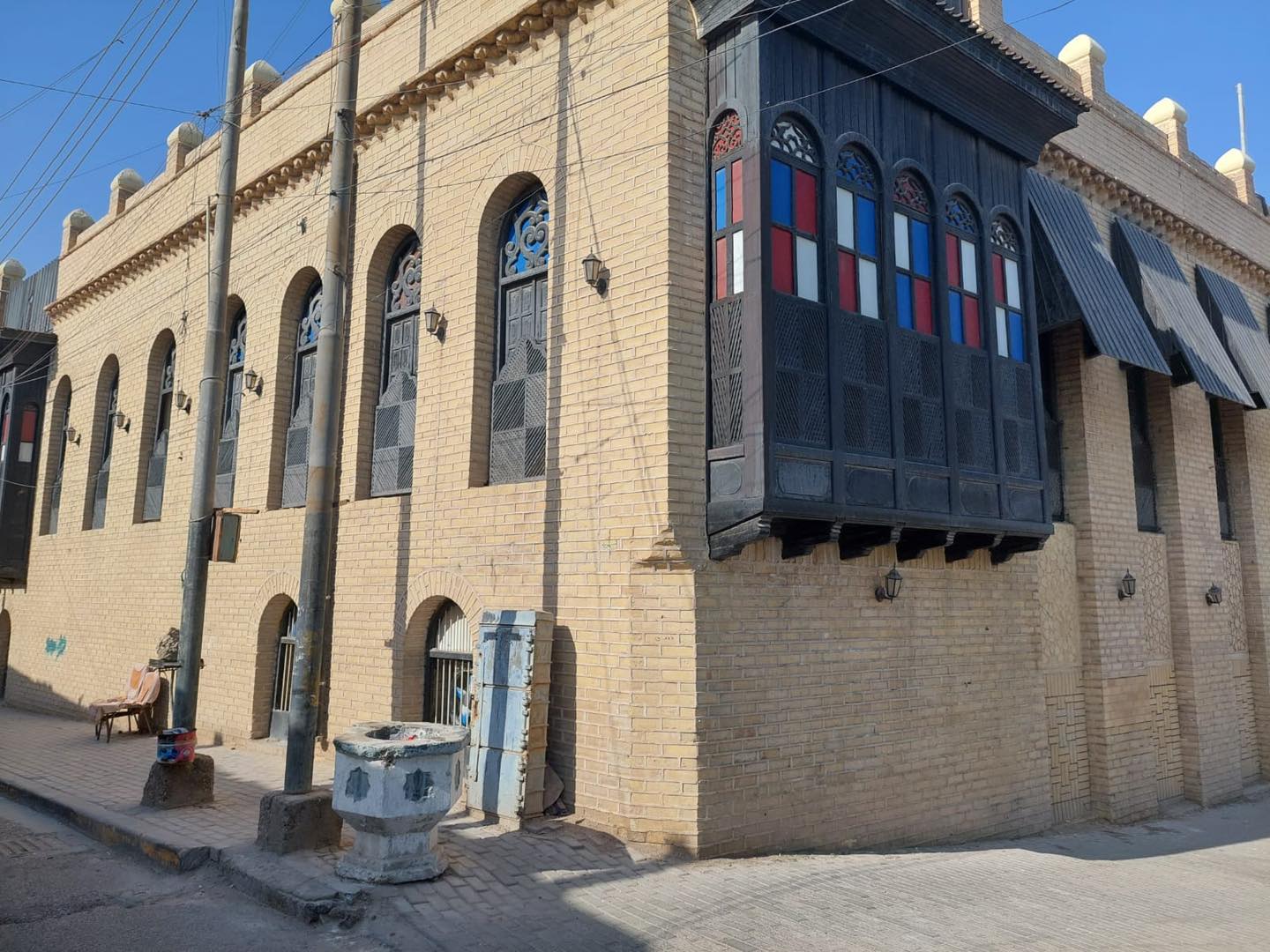
One of the largest cities in Iraq, and the most diverse in terms of religion, nationality, and ethnicity. The smiling port of Iraq (as it is called) is characterized by its diversity, with its Muslim population consisting of both Shia and Sunni, and there is the Sheikhly sect, which has the large Mousawi Mosque in […]
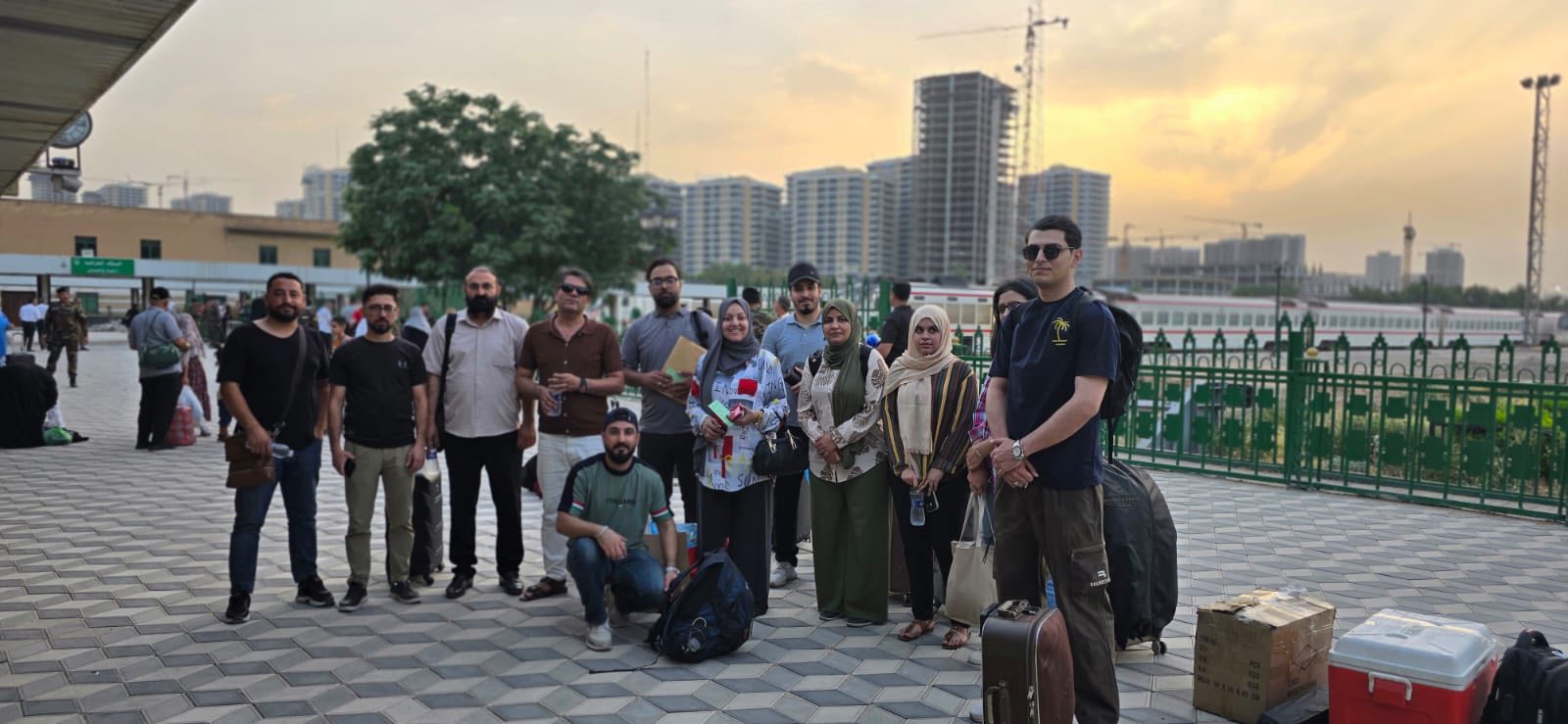
After a journey that began at the international train station in Baghdad, the Dialogue Knights team arrived in the city of Maqal in Basra after nearly ten hours of travel by train. The second leg of the journey begins with the Dialogue and Understanding the Other camp, which will take place in the cities of […]
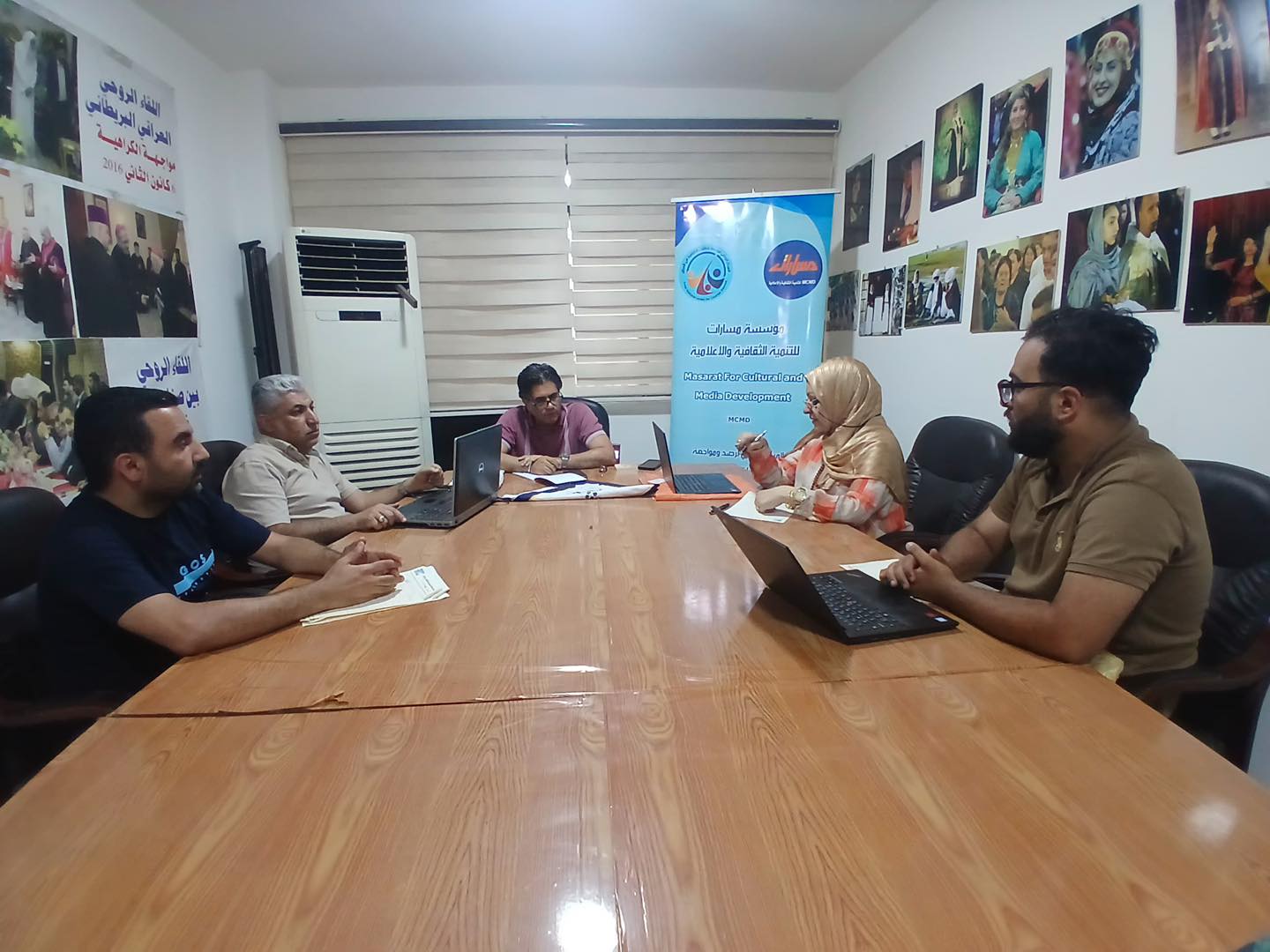
The evening before the launch of the Basra camp as part of the “With Dialogue We Remain and Rise” program. The General Coordinator of Masarat Foundation, Dr. Saad Salloum, met with the camp management team to discuss the final preparations for the camp, which is being implemented by Masarat Foundation in partnership with the House […]
